By Chris & Eric Martinez
Feb. 2011-
We remember when we were freshman in College, though we didn’t live on campus, we were very aware of the nutrition that was surrounding the students that did. When it comes to college food there is much to be desired. It usually tastes bad and it is usually not good for you. Most everything they cook is high fat or processed. However there are some foods at the cafeteria, small campus restaurants, or campus marketplaces that are nutritious and healthy for you. Without further ado lets see what your ideal choices can be.
- Sandwiches– Get a turkey, ham, or tuna sandwich, lettuce, and other low fat condiments (pickles, mustard, black olives, etc) on whole wheat bread. This is a very nutritious meal that is high in protein, good complex carbohydrates, and low in fat.
- Chicken Breasts– Most college cafeterias have a grill of some sort. Don’t get that deep fried chicken or that burger. Get a grilled chicken breast and put some low fat or reduced sugar sauces on it. Great high quality lean protein source that can be mixed with pretty much any type of complex carb source.
- Eggs– For breakfast most cafeterias serve eggs. But god knows what they really put in them. If you speak up a little, most cafeterias will cook egg whites or egg beaters, so don’t be afraid to ask. It’s also okay to throw in some yolks for good essential fats that our bodies need.
- Salad– Most colleges also have a salad bar in their cafeteria. We highly recommend going for the Romaine style salads instead of the regular iceberg lettuce salads as it contains a good amount of fiber and is loaded with vitamins and minerals. Skew away from high fat dressings and instead opt for low fat dressings or olive oil and vinegar.
- Bran cereal– Most college cafeterias have choice of cereals. Choose unprocessed cereals if they have them or, opt for raisin bran if that’s your only healthy choice because of the fiber content. If oatmeal is available, that should be your first choice. Oatmeal contains soluble fiber, meaning that it attracts fluid and stays in your stomach longer, keeping you fuller for longer, especially during those long lectures. Oatmeal is also a great source of complex carbohydrates.
- Dairy– Most cafeterias have dairy products. Fat-free or low-fat milk, low-fat yogurt, low-fat cheese, or low-fat cottage cheese are all great choices and are high in calcium, vitamin A, B-12, and are excellent sources of protein. Try having low-fat cottage cheese before bed, as it will slowly digest into your body and keep you fuller throughout your 6-8 hour sleep. That’s if you’re getting that amount of sleep in College 😉
- Fruits and vegetables– Most colleges offer choices of fruits and vegetables. These are great side dishes to your lean protein sources, as fruits contain valuable anti-oxidants and vegetables contain fiber, vitamins, and minerals.
- Almonds & other nuts- Not many cafeterias have nuts, but if they do, take advantage. Almonds contain the monounsaturated fats that clear your arteries and help you feel full because of the fiber. All nuts are high in protein and monounsaturated fat.
- Whey Protein- Now don’t get too excited here! There’s no way in hell a College would ever provide whey protein for their students, but you can always store whey protein in your dorm and even split the cost with your roommates . You can easily have an extra scoop or 2 with your meals to make sure you’re meeting daily protein requirements. For more info on why it’s so imperative to have protein in your diet click here.
Even though the campus’s cafeteria has a lot of bad foods to offer, there are still ways around it. Stay away from processed foods, fatty foods, sugary drinks, and sweets. If you ask beforehand, the cooks can grill you a chicken breast, or even egg whites, don’t be afraid to speak up.
Marketplaces have some decent selections like: nuts, seeds, sandwiches, baked chips, and fruit. Just make sure to steer clear from sweets, candy, processed packaged foods, and high fat foods.
At small restaurants, there’s usually fresh fruit, salads, soups, spring rolls, and organic yogurts.
For the typical College student, we recommend having three decent sized meals throughout the day, whether that’s at the cafeteria, or home. Make sure that your meals consist of lean protein sources (chicken, fish, lean beef), complex carbohydrates (oatmeal, whole wheat bread, bran cereal, rice), and good fats (nuts, all natural peanut butter, olive oil). We also recommend adding 2 snacks with your 3 big meals, a snack that has some protein, moderate carbs, and moderate fats. So, skip out on the Freshman 15, or excess pounds, and stick to these foods and you will have a healthy journey throughout College. Peace!
Check out this video for more food recommendations
For more healthy recipes, click here.
“Live a Dynamic Lifestyle”

